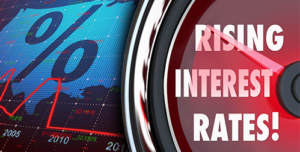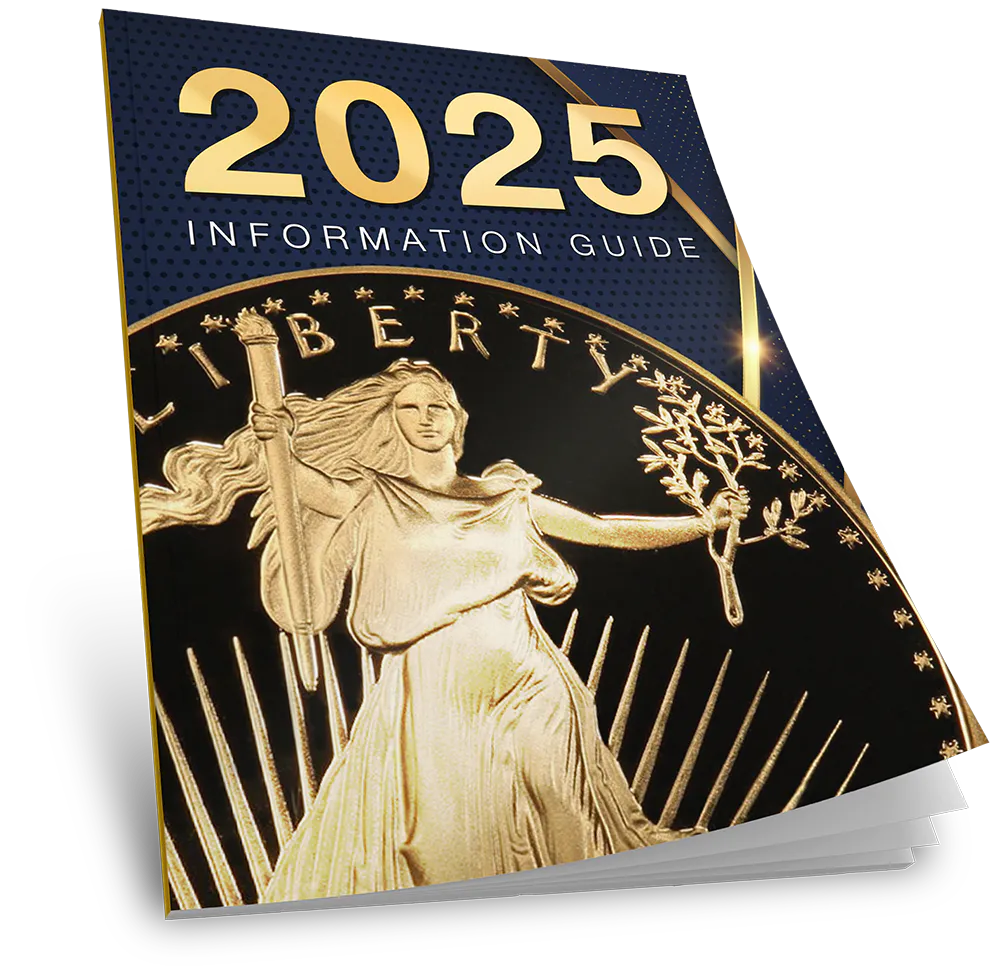- In reaction to inflation hitting 8.6%, the Federal Reserve raised rates .75 percentage points
- Recession and higher unemployment deemed necessary to bring inflation down
- “Mad Money” Jim Cramer recommends gold to hedge against inflation and recession
Record Breaking Interest Rate Hikes
Record-high inflation is being met by record-high interest rate hikes. After the inflation rate surged to 8.6%, the Federal Reserve raised interest rates by 0.75-percentage points. That is the largest increase since 1994. It had previously indicated that it would raise rates by .50-percentage points as it had done last month. The Fed signaled that it would continue raising rates until inflation is under control. Projections show interest rates hitting at least 3% this year and 3.75% by the end of 2023. This would be the most aggressive rate rise since the 1980s.1
Regarding the .75 increase, Fed Chairman Jerome Powell said, “I do not expect moves of this size to be common.” However, he immediately followed that statement by saying the Fed could decide between a 50 and 75 basis point increase at its next meeting.2
Analysts believe current rate hikes will lead to a recession. Recession seems to be the only way to break the grip of inflation. Most Federal Reserve officials now project an almost 40% drop in growth from previous projections.
Mr. Powell suggested the chances of a “soft landing” are slim. “What is becoming more clear is that many factors that we don’t control are going to play a very significant role in deciding whether that’s possible or not,” he said. “It is not going to be easy.”3
The effects of interest rates are rippling through the economy. Mortgage lenders are quoting a 30-year fixed rate above 6%. Levels that high haven’t been seen since 2008. Large real estate brokerages are announcing layoffs as home purchases have stalled.

Higher Unemployment Required
Not so long ago, the Federal Reserve was providing stimulus to help the labor market recover from the pandemic. Now, officials are signaling that high unemployment rates may be necessary to stop inflation.
Unemployment is currently near a half-century low of 3.5%. Low unemployment is thought to fuel inflation. In theory, a tighter labor market forces employers to compete for workers by raising wages. Increasing wages raises the cost of production and in turn, prices. They also devalue the dollar. If everyone gets a 20% raise, then prices will rise accordingly. Mr. Powell estimates that the desired “natural” level of unemployment which won’t cause inflation is well above 3.6%.
A Global Problem
Around the globe, central banks are following the Federal Reserve’s lead in raising rates to control inflation. They suggest we are entering a new inflationary era. High inflation will become the rule, not the exception. As a result, people should expect slow housing markets, high unemployment, and depressed stock prices.4
Global inflation is being driven by geopolitical concerns. The Fed is in a tight spot. They can’t do anything about the world outside their immediate grasp. They can raise interest rates. They can cause a recession. And high inflation could still become a fact of life for years to come.
Gold Stands Out
Inflation affects every aspect of life. Truthfully, the Fed has limited options and no guarantees of success. That’s why “Mad Money” host Jim Cramer is recommending gold.
“As an investment, gold won’t offer the same returns as stocks, but it can offer some relief from rising inflation, says Jim Cramer. “I believe in gold,” Cramer said. He argues that it is one of three things that “holds its value in a recession.” The other two are fine art and mansions.
Cramer has always recommended owning a bit of gold “as insurance against the unknown,” as he said in 2019. Within his personal portfolio, 5% is typically put aside for gold-related investments.5
Buying physical gold is an accessible way to own precious metals. To learn more about how a Gold IRA can protect your assets, contact American Hartford Gold today.






